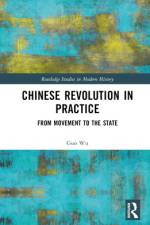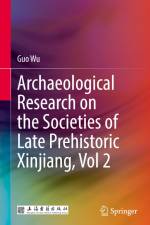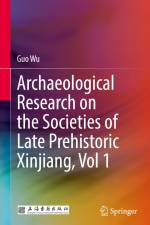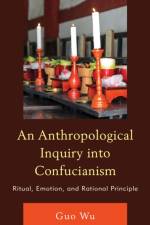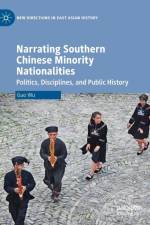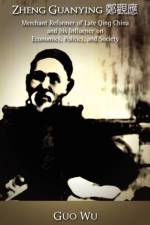av Guo Wu
1 429
As a famous reformer of late Qing China, Zheng Guanying was the earliest advocate of representative and participatory political system in the 1870s, the earliest to call for commercial warfare against Western economic imperialism, and one of the earliest to seriously study international law and its relevance to China s national identity and foreign relations. He was also one of the earliest Chinese to emphasize the combination of Western medicine and Chinese medicine. Unlike most of his contemporary reformers, Zheng was not a foreign educated diplomat or scholar; rather, he was the only merchant among all well-known late Qing reformers and had never traveled to the West. He worked for foreign enterprises in Shanghai and managed and cofounded Chinese government-sponsored enterprises such the China Merchants Steamship Company, which still exists today. In addition, Zheng Guanying was a staunch believer and practitioner of the indigenous Chinese Daoism. Although his life, career, and thought was very much influenced by his home town, which is adjacent to Macao and Hong Kong, it was the urban culture as well as the educational and job opportunities of Shanghai (to which he migrated when he was sixteen years old) that were the driving forces behind his life.In fact, the originality and sophistication of Zheng s thought was closely related to his identity as a member of a new type of professional intellectuals arising in treaty ports since the 1870s. In this first critical study of Zheng Guanying s career, cultural milieu, political and economic thoughts, as well as his spirituality, Guo Wu steers us into examining Zheng Guanying as a hybrid product of the late Qing treaty port culture, professionalism, and tradition, and he illuminates the contribution that this Chinese merchant made in the social and political transformation of China into an urban, commercial environment. This book is also valuable because there is an even greater dearth of research on the cultural environment of Zheng and his spirituality. First, he was a comprador merchant by profession and not a leader of political and intellectual movement, although it was the latter position that drew attention to him in past decades. Second, he was a committed modernizer but also avid practitioner of Daoism, which was then dismissed by researchers as conservative and superstitious. Third, he was more a moderate reformist than a political radical. In addition, the book covers the urbanization of China and the urban cultural space. It also reveals how Zheng s migration and sojourning between Guangdong and Shanghai shaped the formation of his reformist ideas in response to China s late-nineteenth century national crisis as well as how he upheld Daoism as his fundamental ideology to maintain national identity and pursue self-salvation. This book also examines the rise of late Qing Chinese print capitalism in Shanghai as well as the relationship between the Western founders, the Chinese editors, and Chinese contributors (which also involved Zheng because he was a representative). The author argues that late Qing Chinese intellectuals appropriated Western-founded Chinese language print media to articulate their own concerns about China s progress and reform. In addition, the book looks into the personal network of Zheng Guanying, specifically his relationships with other like-minded bureaucrats, journalists, and reformers. This comprehensive study of such a critical figure in China s political and social history is an important book for all collections in Chinese studies.

